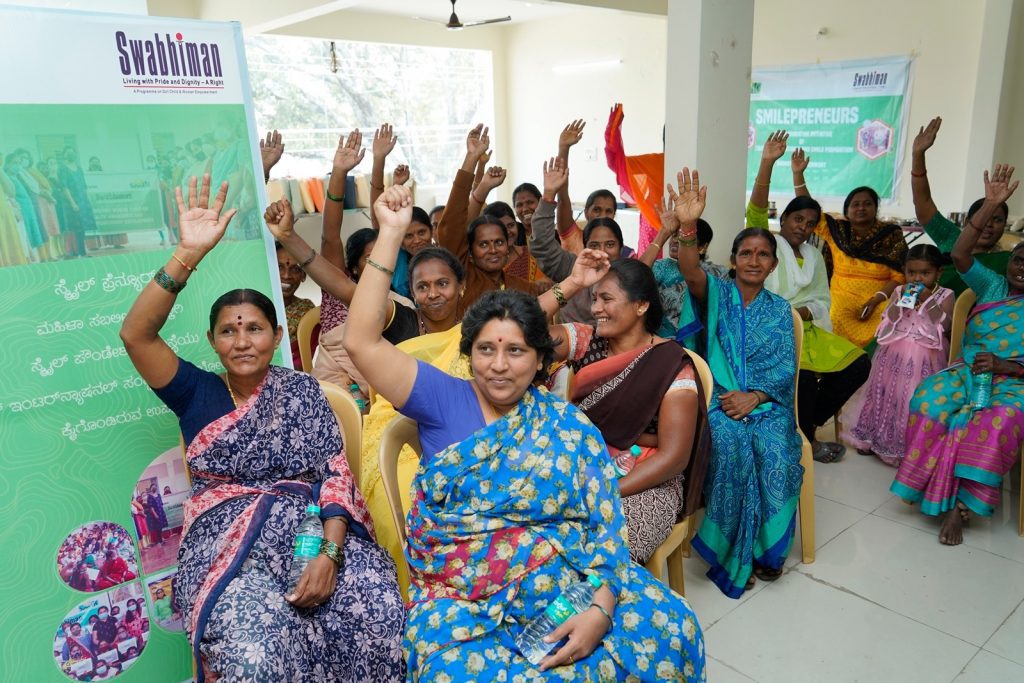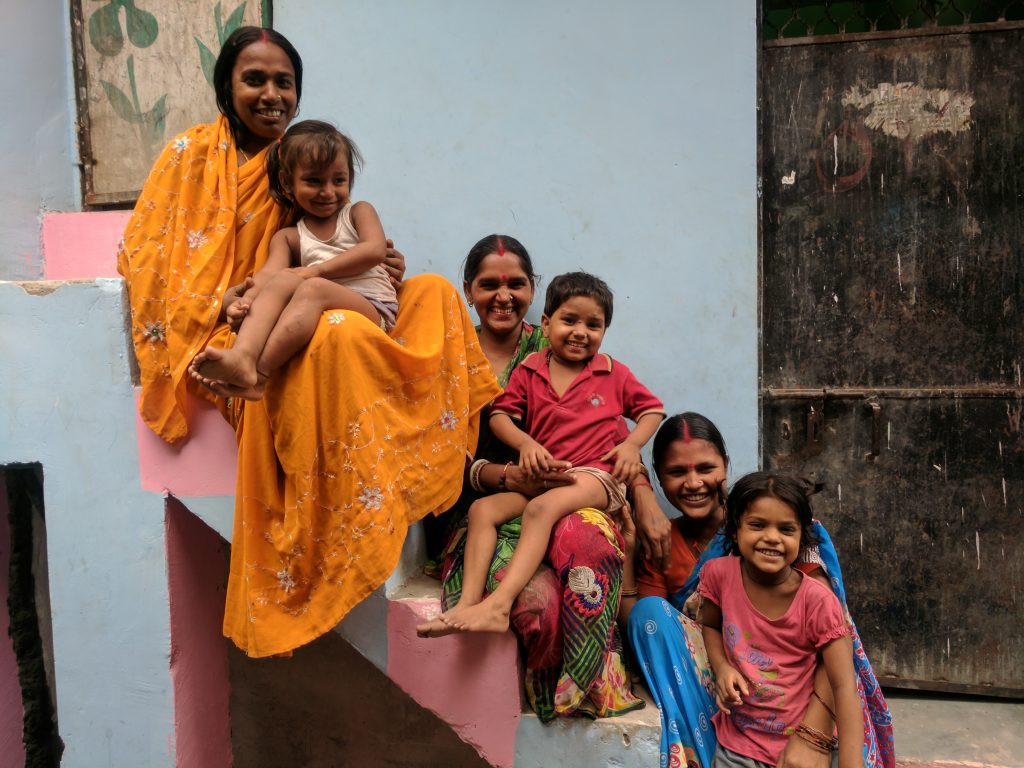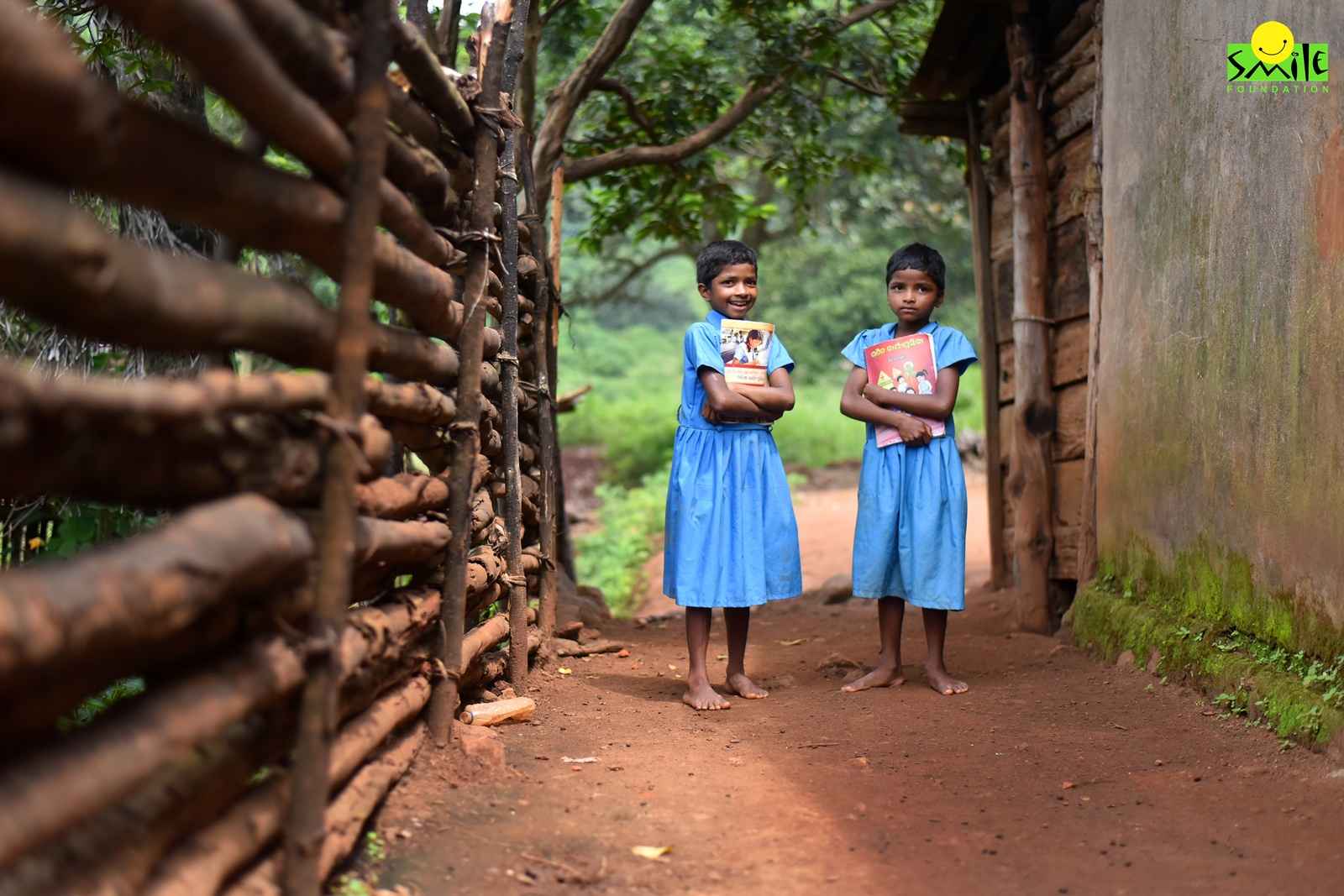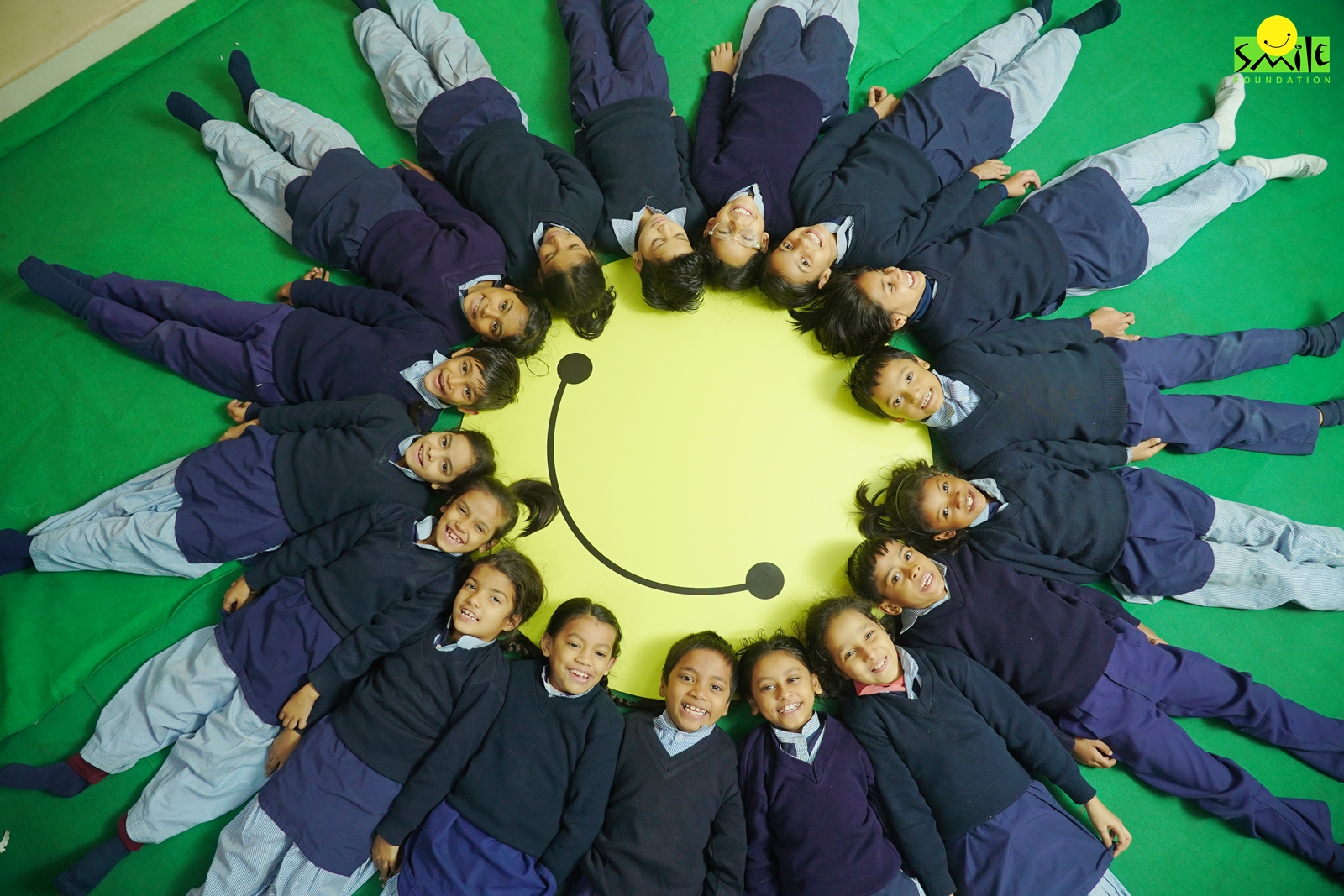Women empowerment and gender equality are two terms that have become pronounced in boardrooms, global summits, and even the panchayats of villages in India. But what do they stand for? What exactly do they mean?
It is commonly misunderstood that women empowerment is limited to giving women the freedom to vote, study, work, and become self-sufficient while gender equality is about considering women equal to men and providing them with the same rights as men.
These two terms are short yet they cover a wider and deeper set of challenges that women deal with on a daily basis. This not only affects women at a personal level but the entire world at all– physical, social, psychological, and economic levels.
Telling Reports About Women’s Position
The world is progressing towards achieving gender equality but the pace is deeply concerning. At the current rate of progress, it may take another 286 years to remove discriminatory laws and close prevailing gaps in legal protections
for women and girls, says a recent UN report.
As per a report by World Economic Forum, the world economy loses $12 trillion every year due to gender inequality and the violence that women face. The resources and energy spent on preventing violence against could be utilized in making a more sustainable civilization, if violence against women did not exist.
This, sadly, isn’t the case. Even though more women-focused and friendly laws and cultural spaces are being constructed every day, the present world is far from being a women-friendly space. In India itself, while the GDP rate was between 6-7% in the last decade, the participation of women in labour force reduced from 30% (in 2001) to 24% (in 2022), as per World Bank.
Women empowerment, gender equality, and gender justice are definite ways to tackle known challenges like child marriage, domestic violence, rape, murder, dowry, etc. The current world order also needs to address the pay gap, workplace mental violence, social and cultural injustice, and legal rights to work and hold property.
As per World Economic Forum, globally, 33,000 girls are married before they turn 18; women are 47% more likely to get severely injured in a car injury because the car safety features are designed for men. Women spend 40 billion hours on unpaid labour in doing domestic chores.
Fewer than a third of UN member states have ever had a woman leader, says a report. If women are not in prime decision-making roles, the gender lens is never going to shift towards women and the policies are still going to be male-centered. For solid interventions to happen on the ground, robust policies envisioned by strong women leaders need to be in place first.

India and Facts Related to Our Women:
- Women are paid 1/3rd of the men for the same or more work.
- More than 23 million girls drop out of school every year due to the absence of toilets and a lack of awareness about menstruation.
- Girls belonging to families of the top 20% receive an average of 9 years of education, most girls in the lower strata never even step inside a classroom.
- Over 8 million girls were aborted in just a decade (Census 2011)
- Women in India hold only 20% of the total bank deposits
- When a woman is raped or becomes a victim of acid attack or dowry-related violence or honour killing, the culprit gets life imprisonment or a death sentence in the rarest of rare cases. Even this takes decades to serve justice to the victim who may never recover from the pain of the atrocities she is subjected to. In the case of life imprisonment, the culprit is free after serving 14 years in prison, sometimes even less.
Planning To Reach Mars! Why not Gender Equality?
Gender justice is still a big question mark for a world that aims to settle the first human colony on Mars by 2024.
From fighting for the right to vote during suffrage to fighting for the right to their very body in the 21st century, women across all ages, geographies, and eras have faced and overcome the unthinkable. From developing the theory of radioactivity to being a crucial part of discovering the DNA, women have engrained their achievements in every field when given the chance.
It All Begins At Home
In order to truly empower women, our country and the world need to work harder in order to achieve the Sustainable Development Goal of gender equality by 2030. Gender equality, gender justice, women empowerment, women’s safety – all of these begin at home and in the community.
Inculcating behavioural change towards girls and women in their communities, sensitising boys as they grow up towards girls, and promoting equality between a girl and a boy child is the starting line of the journey to make the world a liveable place for women.
You can make a difference in the life of lakhs of marginalised women in India by making a donation to Smile Foundation’s women empowerment programme, Swabhiman.









